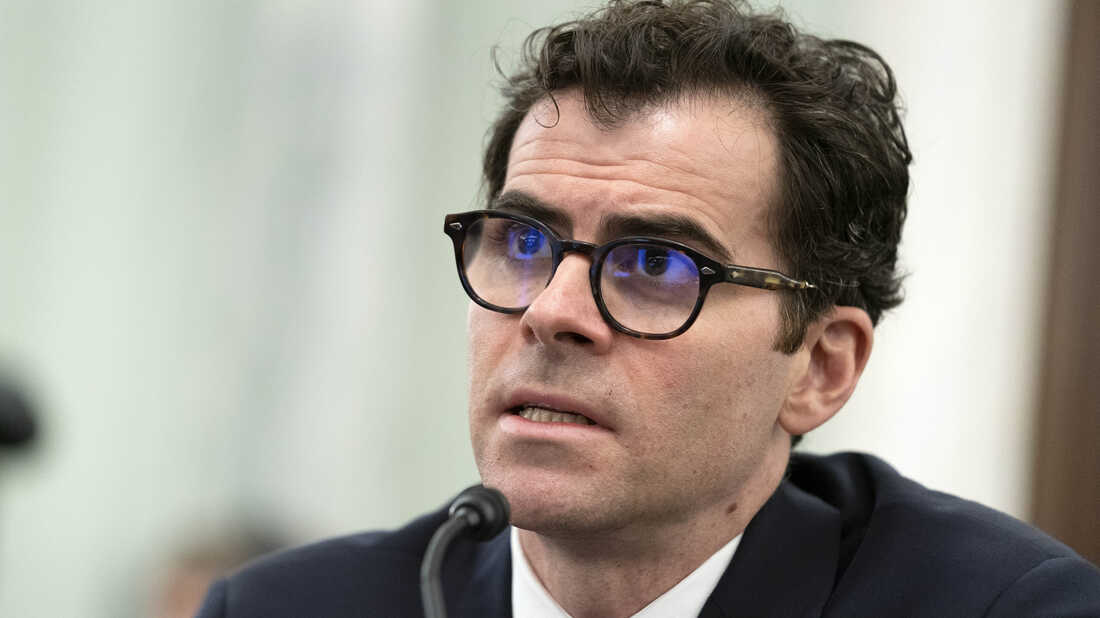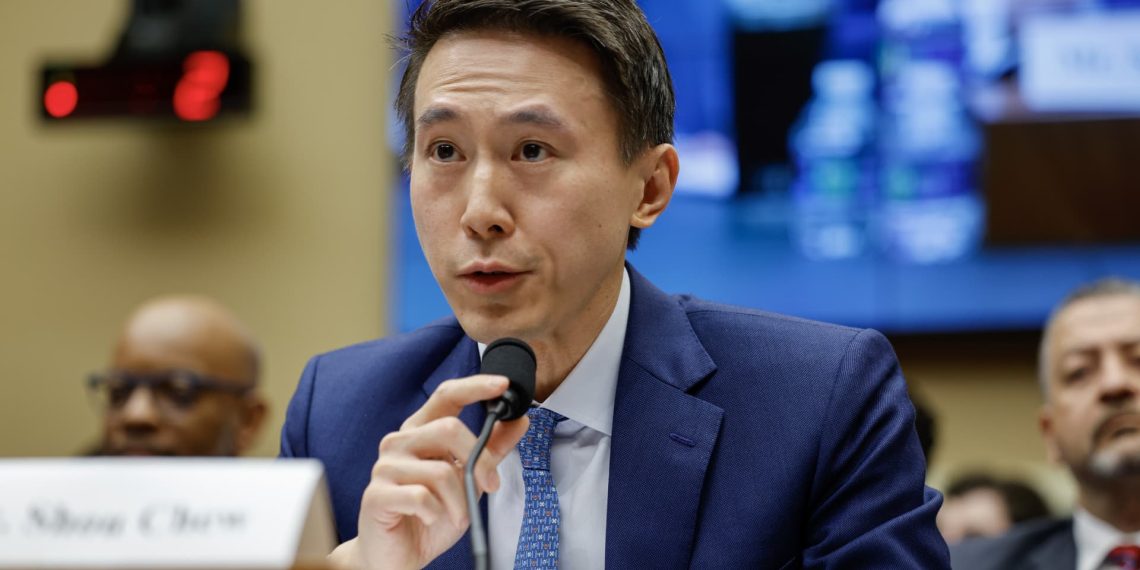This week, Congress is set to grill the chief executives of major tech companies, including Meta CEO Mark Zuckerberg, focusing on the potential harms their platforms pose to teenagers.
The spotlight intensifies amid concerns that social media contributes to issues like depression and suicide among young users. Despite the social platforms emphasizing their commitment to helping teens and families make informed decisions, online safety advocates argue that the current response is insufficient.
With claims mounting about the negative impact of social media on young users, Congress is expected to press tech companies to go beyond previous tools and policies. The upcoming Senate Judiciary Committee hearing will feature the CEOs of TikTok, Snap, Discord, and X alongside Zuckerberg. For some, like X CEO Linda Yaccarino, Snap CEO Evan Spiegel, and Discord CEO Jason Citron, this marks their first-ever testimony before Congress.
While tech CEOs are likely to highlight tools and policies aimed at protecting children and empowering parents, critics argue that existing measures fall short. Parents and safety advocacy groups contend that tech platforms should no longer be entrusted with self-regulation, emphasizing the need for significant changes.
Jeff Chester, Executive Director of the Center for Digital Democracy, urges the committee to push executives to commit to major changes, especially disconnecting advertising and marketing systems from services known to attract and target youth. The rise of generative artificial intelligence tools further underscores the importance of incorporating safety features by default.
Major platforms, including Meta, Snapchat, Discord, and TikTok, have introduced oversight tools allowing parents to monitor and control their teens’ online experiences. Some platforms implemented features like “take a break” reminders and screen time limits. Meta proposed federal legislation advocating age verification by app stores and introduced additional youth safety efforts.
While these updates are seen as positive changes, critics argue they place too much responsibility on parents. Safety advocates stress that companies took years to implement relatively basic safety updates, indicating the necessity of external regulation.

As Congress gears up to question tech leaders, regulatory efforts outside Capitol Hill gain momentum. Several states have passed laws restricting social media for teens, with legal challenges from the tech industry. State-backed and consumer lawsuits are increasing pressure on tech platforms to enhance youth safety measures.
The upcoming hearing provides an opportunity for lawmakers to scrutinize smaller industry players like X and Discord on their youth safety efforts.
Discord, particularly, has faced increased scrutiny for its role in various controversies, prompting discussions with lawmakers to address concerns. Wednesday’s hearing sheds light on industry-wide problems demanding comprehensive solutions beyond individual platform efforts.




